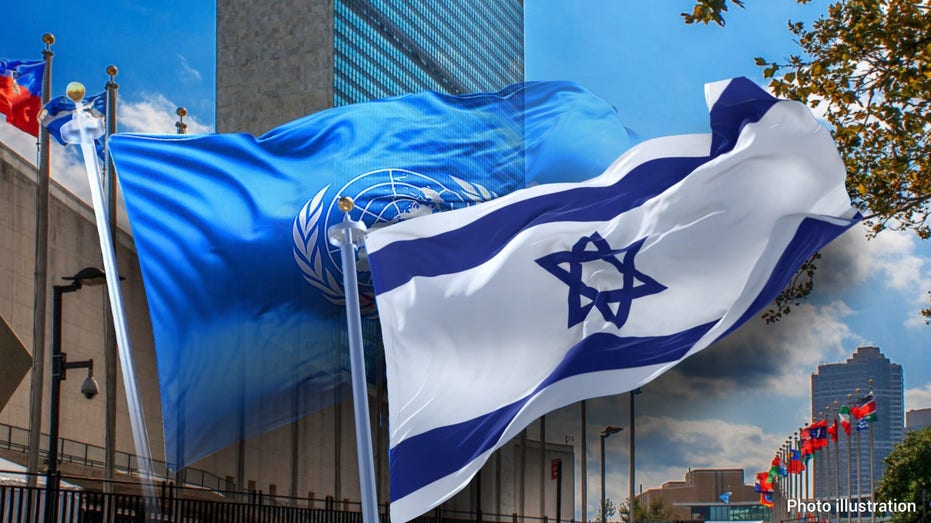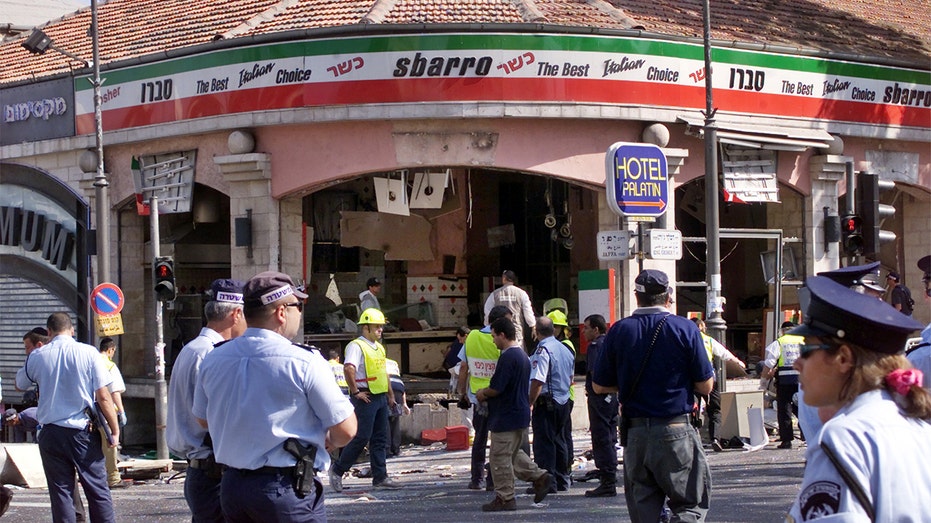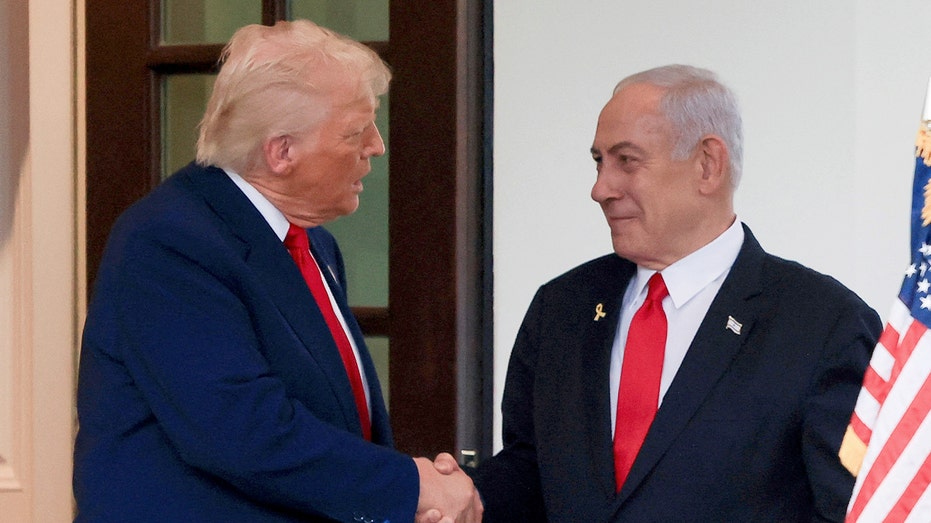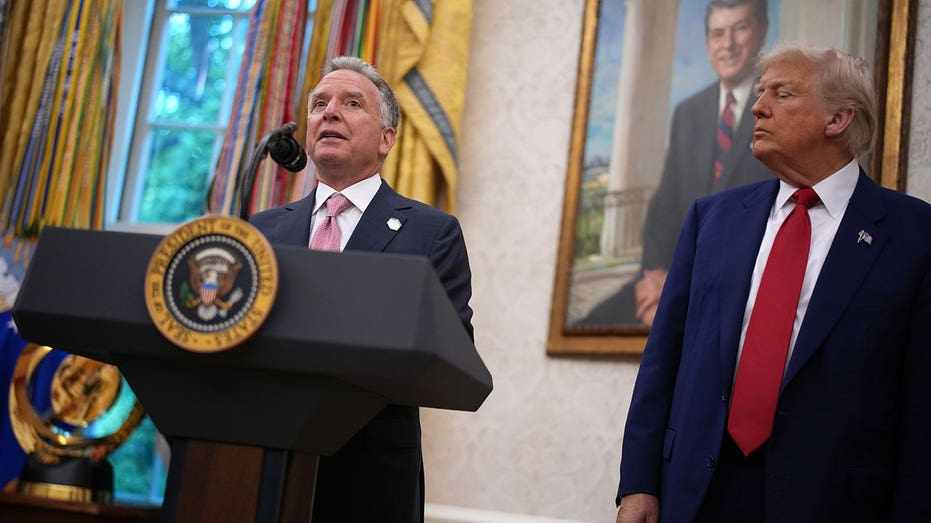UN Criticizes Israel Over Compound Attack While Sidestepping Hamas, Reduces Gaza Operations

Sarah Johnson
March 27, 2025
Brief
The UN blames Israel for a deadly Gaza compound strike, prompting operational cutbacks amid rising humanitarian needs, while Israel disputes the claims and tensions with Hamas escalate.
The United Nations has ruffled feathers yet again, blaming Israel for an attack on one of its compounds in Gaza while simultaneously announcing plans to scale back its operations in the region. This decision comes amidst escalating humanitarian needs in the area, according to a statement from the organization.
UN spokesman Stephane Dujarric revealed that a strike on the UN’s Deir al Balah compound on March 19 was "caused by an Israeli tank," citing "information currently available." The incident tragically resulted in the death of one UN employee and injuries to six others. However, the Israel Defense Forces (IDF) were quick to counter this claim, stating on social media the same day that they had not struck the UN compound. The IDF urged media outlets to approach such reports with caution, labeling the UN's assertion as "absolutely not accurate."
While Dujarric's statement pointed fingers at Israel, it notably avoided any mention of Hamas or other extremist groups operating in Gaza. He emphasized that the compound's location was well-known to all parties involved in the conflict and reiterated international law's requirement to protect UN premises. He called for a "full, thorough, and independent investigation" into the incident. Strong words, but conspicuously one-sided, some might argue.
Israel's Foreign Ministry Spokesman Oren Marmorstein didn't hold back in his criticism, accusing the UN of spreading "baseless slander" without sufficient evidence or professionalism. He pointed out that the UN's inquiry team hadn't even visited the scene, making their premature conclusions all the more questionable.
The controversy highlights what some analysts describe as the UN’s reluctance to criticize Hamas and other Palestinian groups. Joe Truzman, a research analyst with the Foundation for Defense of Democracies, remarked that this strategy only emboldens extremist groups. He claimed that Hamas has a history of exploiting UNRWA facilities in Gaza for their operations, citing instances of terrorist infrastructure linked to these compounds.
Meanwhile, tensions in Gaza continue to spiral. On March 23, the IDF targeted and killed Ismail Barhoum, a senior Hamas political bureau member, at Nassar Hospital in Khan Younis. The IDF alleged that Barhoum had used the hospital as a base for meetings with other terrorist leaders. This move further underscores the fraught dynamics of the conflict, where civilian and militant spaces are often perilously intertwined.
As the conflict reignites following a brief ceasefire and prisoner exchange, the humanitarian situation in Gaza remains dire. Israel recently cut humanitarian aid to the region, with support from the White House, in an effort to pressure Hamas into extending the ceasefire and releasing hostages. The situation is a grim reminder that for many, survival in Gaza is often caught in the crossfire of political and military agendas.
Topics
Editor's Comments
The UN's selective outrage raises eyebrows, to say the least. While they're quick to name Israel, the absence of Hamas in their statement feels like a glaring omission. It's hard not to wonder if fear of alienating armed groups in Gaza is driving this selective accountability. Also, the IDF’s claim about Hamas embedding itself in civilian areas? Sadly, not a new tactic. It’s a grim chessboard where civilians are the pawns.
Like this article? Share it with your friends!
If you find this article interesting, feel free to share it with your friends!
Thank you for your support! Sharing is the greatest encouragement for us.



